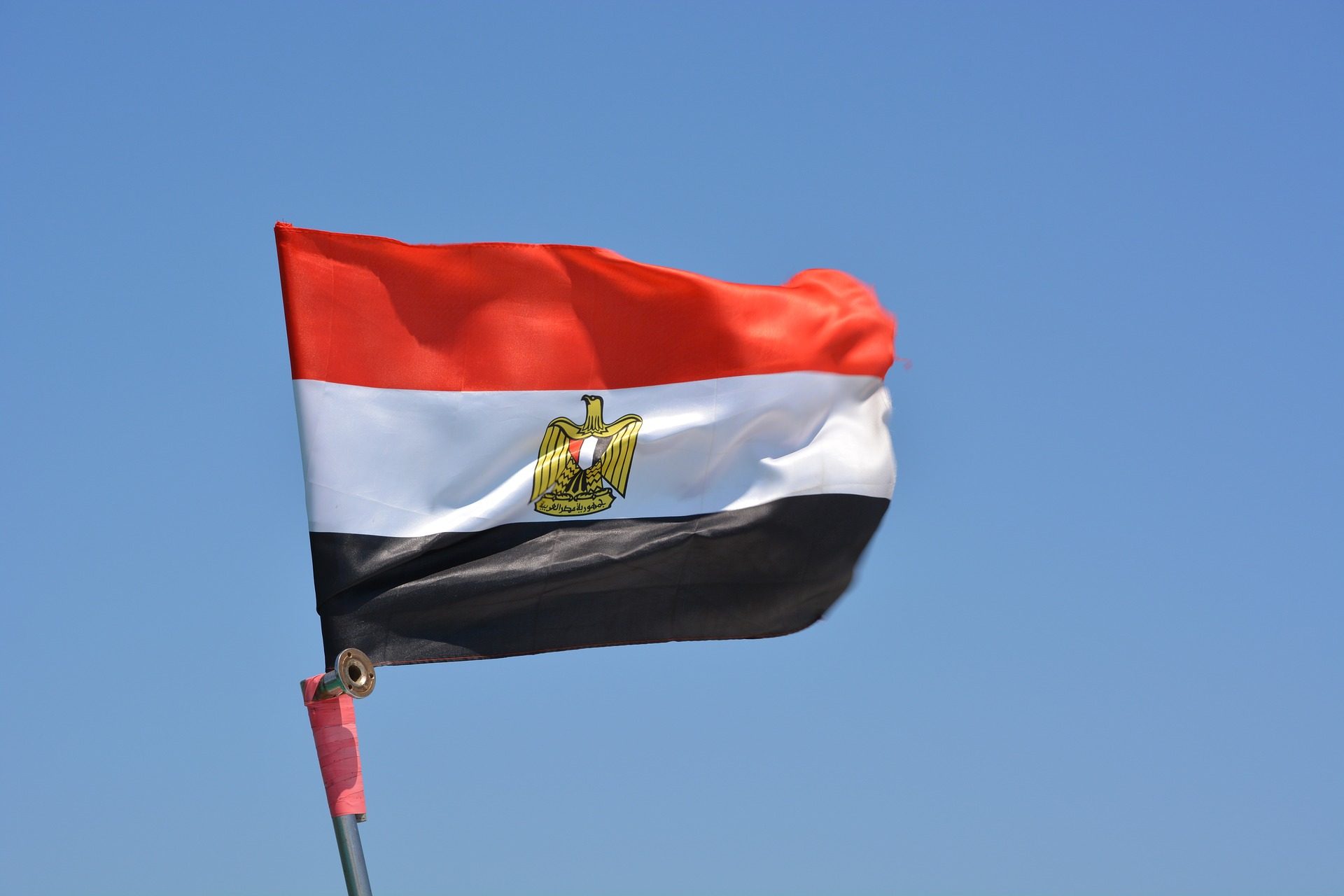The latest meeting comes a day after delegations from Doha and Abu Dhabi met in Kuwait City for the first time since the 41st GCC Summit.
More news of post-Al Ula Declaration progress comes under the spotlight, as delegations from Qatar and Egypt meet in Kuwait for the first time since the GCC reconciliation on January 5th.
During the meeting, the two teams worked on developing mechanisms and procedures for the future of the accord, which was signed by Egypt and the GCC last month to end the three-year-long Gulf crisis.
“The meeting also discussed the necessary means and measures to be taken in order to enhance the course of joint action and bilateral relations between the two countries, and to achieve the aspirations of their peoples in terms of security, stability and development,” Qatar’s Foreign Ministry said in a statement.
Qatar’s foreign ministry also stated that the two sides are “on the path of building confidence between the two brotherly countries”.
Similarly, delegations from Qatar and the UAE met a day earlier to discuss “joint mechanisms and procedures for implementing the Al-Ula statement”, Emirati state news agency WAM stated.
Read also: Qatar, UAE hold first Kuwait meeting since reconciliation
Despite the announced reconciliation, confidence between Doha and Cairo remains rocky.
Last month, Egyptian Minister of Foreign Affairs Sameh Shoukry said Cairo is reportedly “monitoring” Qatar’s media on a daily basis to document news being published by outlets in the Gulf state.
The monitoring operation is being conducted to prepare for an upcoming meeting with a Qatari delegation for all parties to review, Shoukry said at the time. It is unclear if this was discussed at the Kuwait meeting.
The latest developments come more nearly two months the signing of the Al Ula Declaration, which brought to an end a three-year long crisis between Qatar on one side and Egypt and other GCC member states.
Since then, questions have emerged on whether editorial lines across media outlets would be changed to reflect the reconciliation.
The illegal air, land and sea embargo on Qatar was imposed on the bases of allegations that it funds terrorism. Doha has vehemently and consistently denied this claim.
Shortly after the blockade, the quartet asked Qatar to adhere to a list of 13 demands in order to resolve the feud in 2017, including shutting down its top media outlet Al Jazeera.
Follow Doha News on Twitter, Instagram, Facebook and Youtube







